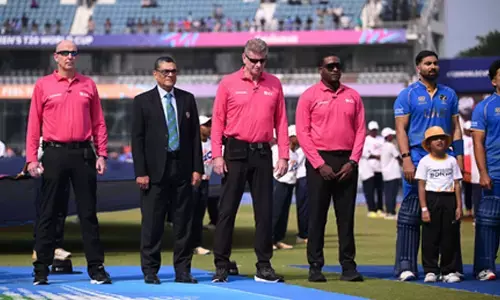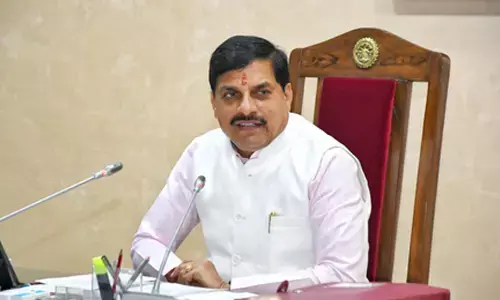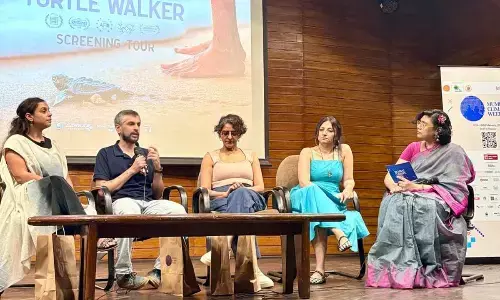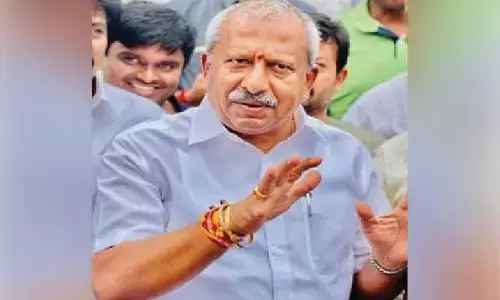Executive cannot ‘bulldoze’ judiciary: SC
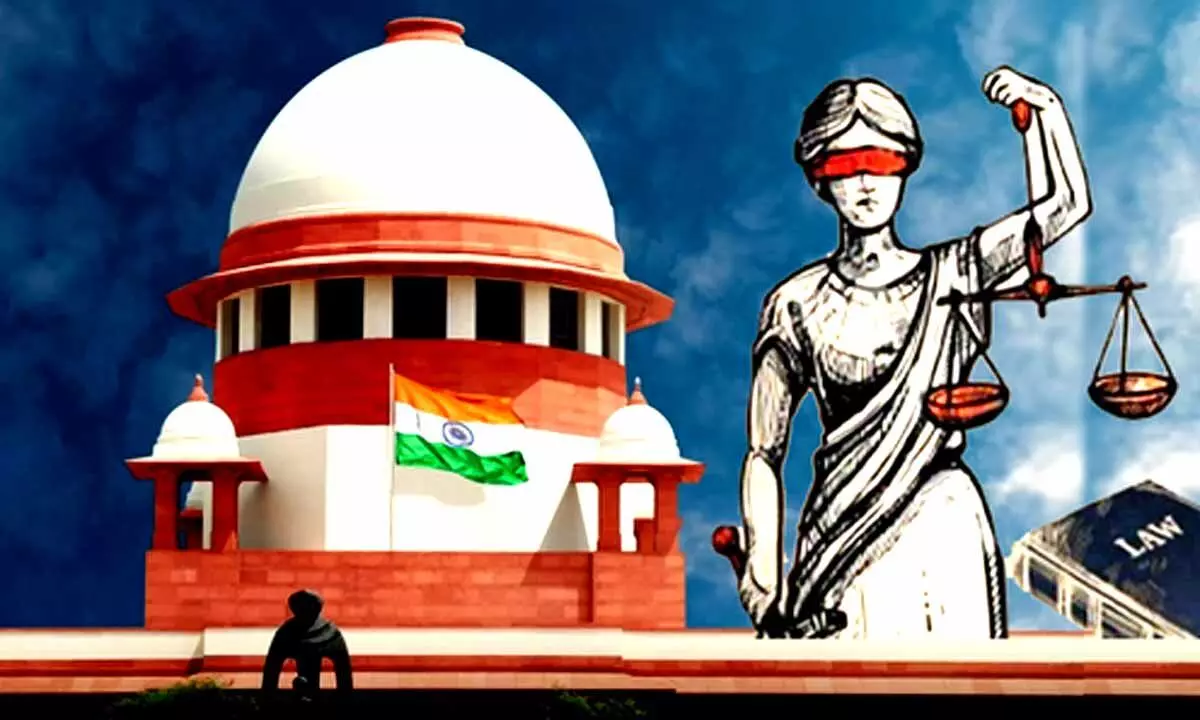
Supreme Court of India
The Supreme Court of India’s significant verdict on Wednesday seemed to say enough is enough on the use of bulldozers as part of instant justice by officials in a few states.
The Supreme Court of India’s significant verdict on Wednesday seemed to say enough is enough on the use of bulldozers as part of instant justice by officials in a few states. The ruling ably justifies the supremacy of the Constitution as espoused by the newLady Justice (Dharma Devata).
In her new avatar, keeping her eyes open, Lady Justice holds the Constitution of India in one hand, as against wielding a sword in the past, ordaining that any punishment should only be dispensed after due process in a court of law, in keeping with the Constitution of the land. No one, however mighty and powerful, cannot transgress laws and take them into their own hands.
The SC verdict clearly spelt out that that justice should be grounded in constitutional values and principles, and not based on ‘wild justice’. Delivering ‘quick justice’ strays away from established legal systems, i.e., courts, often in a vengeful approach.
A bench of Justices BR Gavai and KV Viswanathan delivered its judgment on petitions challenging bulldozer action against people accused of crimes in several states. It upheld the theory of separation of powers, which stipulates that one organ of the government should not usurp the function of other organs. “If the executive acts as a judge and inflicts penalty of demolition on a citizen on the ground that he is an accused, it violates the principle of ‘separation of powers’”, said the court. “The chilling sight of a bulldozer demolishing a building, when authorities have failed to follow the basic principles of natural justice and have acted without adhering to the principle of due process, reminds one of a lawless state of affairs, where ‘might was right’,” the court said.
Equating bulldozer justice with a lawless situation (jungle raj), the Apex Court, exercising its powers under Article 142 of the Constitution, laid down that no property be razed without giving 15-day notice to property owners. The Article empowers the top court to issue orders and pass decrees to ensure complete justice in any pending matter. This power is also known as plenary power
The court categorically said that no official, i.e., the executive, can wield judicial powers to deliver ‘quick justice’. Such high-handed officials will be dealt with the ‘heavy hand of law’, the court warned in no uncertain words. Instilling a fear of legal consequences in the officialdom for their arbitrary actions, the court warned that Violation of its directions would lead to contempt proceedings. Damages and losses incurred by the victims shall be borne by the officials concerned.”Get ready to pay from your salary” is the sternest warning to the executive if it seeks to replace the judiciary.
There have been allegations galore that a particular section of society is being victimised by the officials, especially in BJP-ruled states. Earlier, the Punjab and Haryana High Court termed such demolitions in Haryana last year as “ethnic cleansing”. The Supreme Court has unequivocally upheld the rule of law in declaring them illegal.
There is no such thing as “bulldozer justice”; only constitutional justice shall prevail in this country. Violations of civic laws cannot be deemed criminal offences and if demolitions are to be carried out, the accused should be notified and given due opportunity to state their case. It is noteworthy that the court clarified its directions are not applicable in the case of unauthorised structures in public places such as roads, streets, footpaths, places abutting railway lines or water bodies.
Finally, prejudging the guilt of the accused amounts to the executive holding a kangaroo court, not caring at all for the due process of law. This shall stop immediately, as ordered by the top court.


